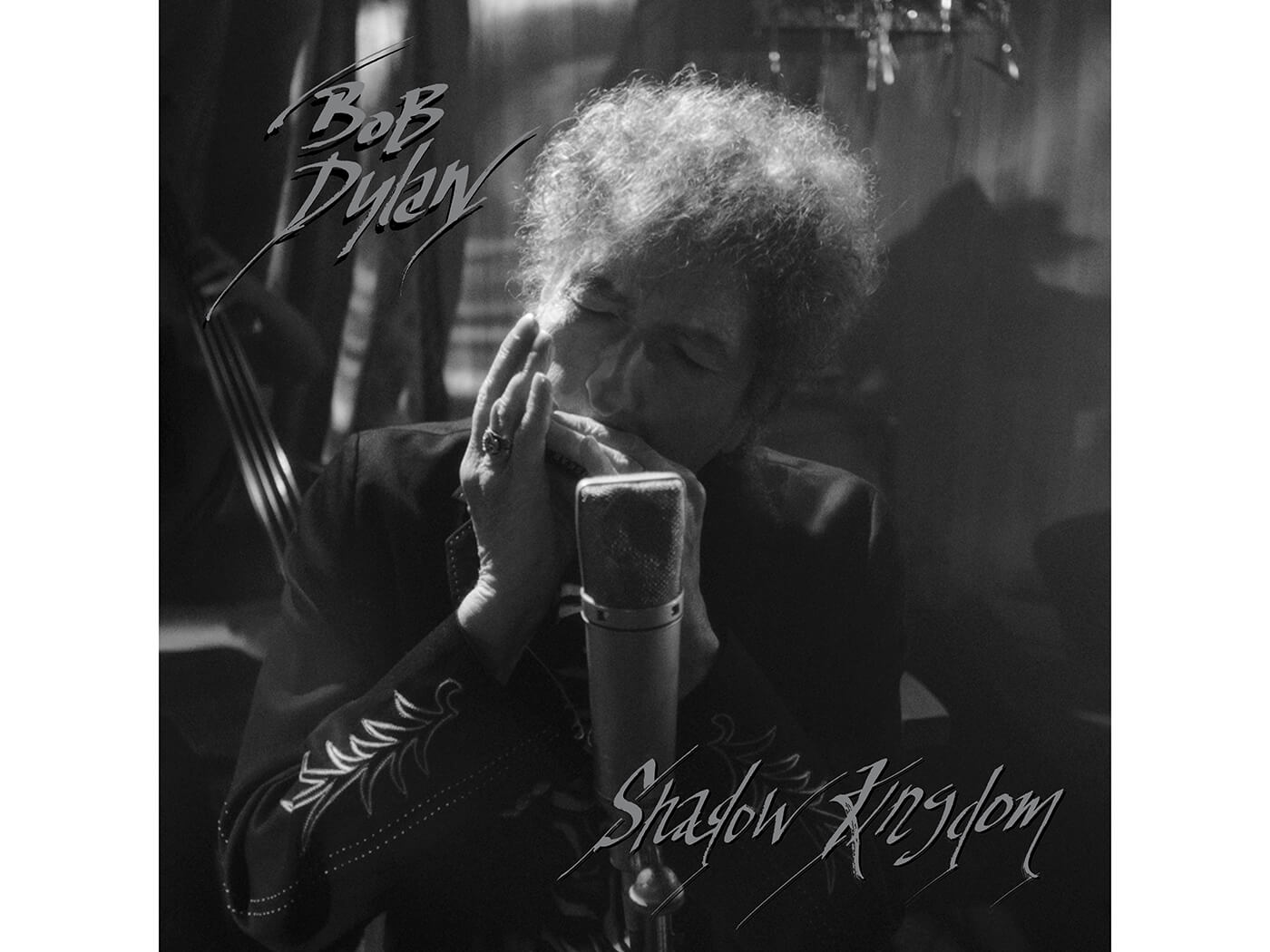Over the long arc of Bob Dylan’s career, it becomes easier to discern underlying trends. The relatively recent experience of recording 50-odd standards between 2015 and 2017 — on Shadows in the Night, Fallen Angels and Triplicate – clearly provoked a wholesale reappraisal of his approach to singing, while the influence of the loose, fluid instrumental mesh developed on Rough and Rowdy Ways in 2020 could be heard in Shadow Kingdom: The Early Songs of Bob Dylan, the 50-minute show streamed by Veeps.com in July 2021.
Quite a few people felt cheated by the initial incarnation of Shadow Kingdom. Seeing that Veeps.com is a livestreaming platform, they made the reasonable assumption that they were buying tickets for a remote live screening of Dylan’s first public performance since the summer of 2019, taking place a couple of months after his 80th birthday.
When it turned out to be a prepackaged film of a mimed performance to pre-recorded tracks, some were disinclined to admire the skill with which the director, Alma Har’el, created a fictitious Marseilles bar called the Bon Bon Club, populated by a variety of low-lifes filling the place with louche attitude and cigarette smoke, on a Santa Monica sound stage.
Fewer disputed the quality of the music. Dylan’s definition of his own “early songs” turned out to be more elastic than one might have expected, with nothing from his first four albums. But since even the most recent of the 13 selections was already more than 30 years old, their creator might well have been viewing them from a different perspective, while inventing new ways to present them.
The musicians who mimed along with the singer — Alex Burke, Buck Meek, Joshua Crumbly (guitars), Shahzad Ismaily (accordion) and Janie Cowan (upright bass) — were not those who had actually played on the tracks. Dylan had assembled a special group for these recordings, a small drummer-less ensemble of experienced individuals capable of settling into the desired synthesis of the many styles he’s explored over the years (see personnel below), each song carefully considered from a new angle, linked and postscripted by brief but elegantly devised instrumental passages.
Here “When I Paint My Masterpiece” has a lovely jug-band lurch, “I’ll Be Your Baby Tonight” loses its country lilt but sounds as if was always destined to be mated with the taut riff from Roy Head’s “Treat Her Right”, and “Queen Jane Approximately”, hung against a latticework of accordion and finger-picked guitars, is almost unbearably tender. “Tombstone Blues” and “It’s All Over Now, Baby Blue” bear the most obvious influence of Rough and Rowdy Ways, with slow swells of accordion, acoustic guitars and bowed string bass underlining the carefully articulated front-and-centre vocal.
“What Was It You Wanted”, the youngest of the songs (from 1989’s Oh Mercy), gets a similar reconsideration. As the loose weave of instruments adds a new depth to the words of a man reaching back into his life, groping for meaning in a series of questions addressed to his god, it becomes the set’s quiet show-stopper.
1 When I Paint My Masterpiece
2 Most Likely You Go Your Way (and I’ll Go Mine)
3 Queen Jane Approximately
4 I’ll Be Your Baby Tonight
5 Just Like Tom Thumb’s Blues
6 Tombstone Blues
7 To Be Alone With You
8 What Was It You Wanted
9 Forever Young
10 Pledging My Time
11 The Wicked Messenger
12 Watching the River Flow
13 It’s All Over Now, Baby Blue
14 Sierra’s Theme
Personnel: Bob Dylan (vocals, harmonica) plus others including Jeff Taylor (accordion), Greg Leisz (pedal steel guitar, mandolin), Tim Pierce, T-Bone Burnett, Ira Ingber (guitars), Don Was (upright bass)

